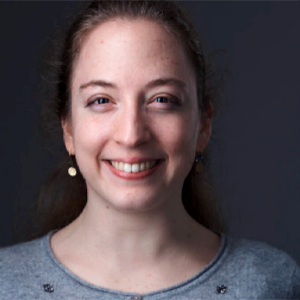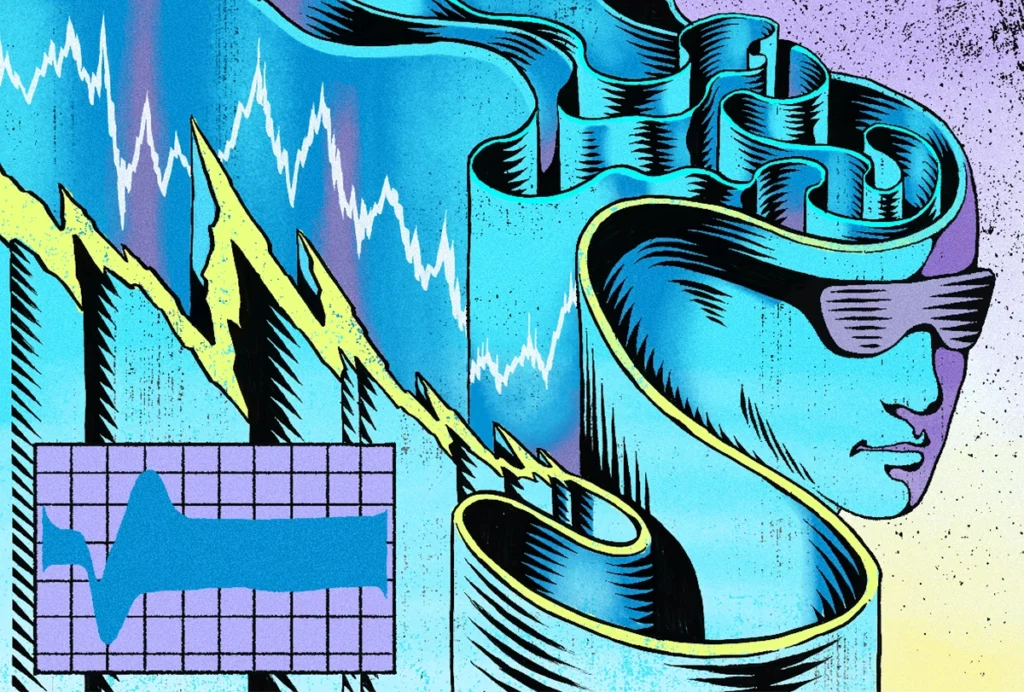Gaëlle Chapuis is a technical manager responsible for overseeing the activities of the International Brain Laboratory (IBL), a global consortium of 21 institutions and more than 75 people, aimed at understanding how brain activity patterns lead to decision-making. Chapuis is based at the University of Geneva and supervises a team of engineers deployed in five countries. Her group provides support to scientists, creating professionalized workflows that are adopted at a large scale. She also supervises the outreach efforts of the consortium. So far, more than 40 research projects in and outside the IBL have benefited from these technologies and organizational developments.
After earning a B.Sc. in microengineering at EPFL, Chapuis pursued an M.Sc. in biomedical engineering with a specialization in neurotechnology at Imperial College London. She then undertook several research projects in the field of sensory neuroscience at EPFL, the University of California, San Francisco and University College London before completing a Ph.D. at Imperial College London in the laboratory of Paul Chadderton.




